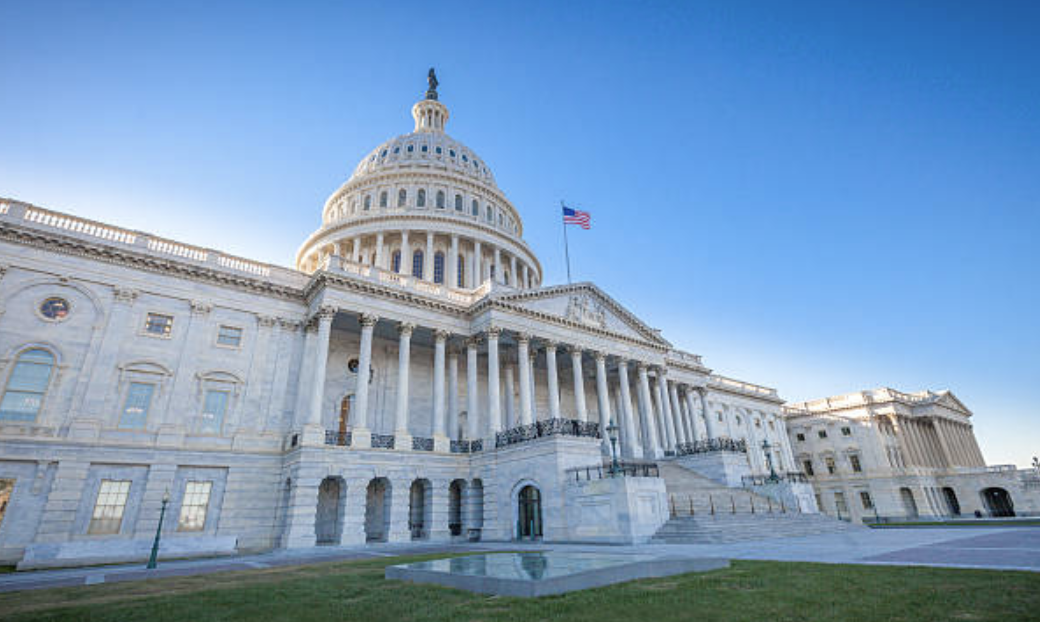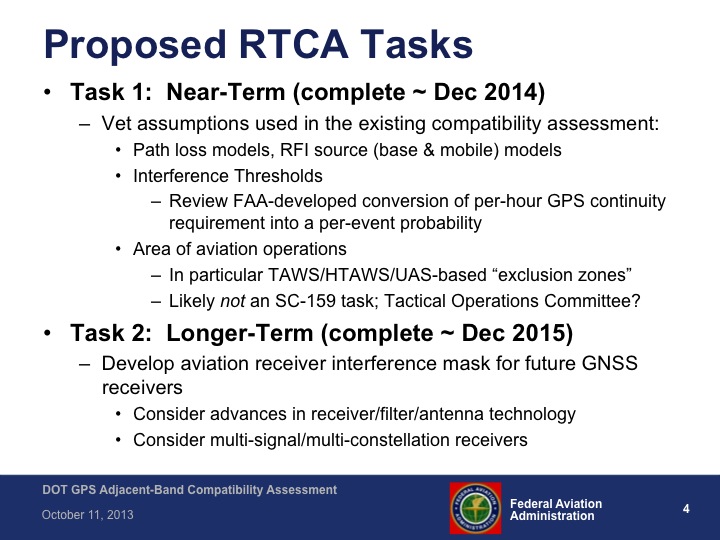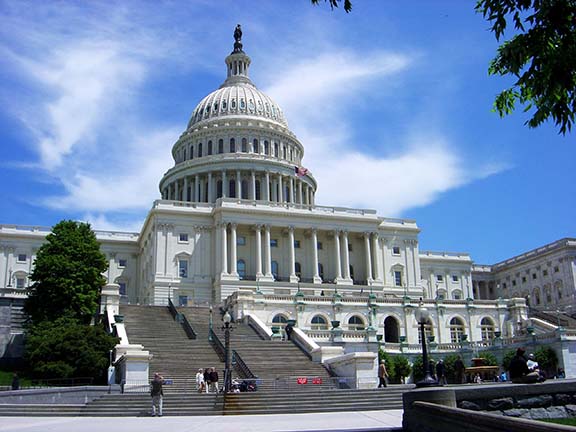With the partial government shutdown nearing a record-breaking fourth week, news outlets are full of stories about security back-ups at airports, forgone food inspections, government employees in dire financial straits and a long list of other consequences of shuttering nine different federal departments and a host of agencies.
The direct impact on the GPS community, however, has been light because the Department of Defense got its funding approved before Congressional appropriators hit a wall, so to speak. (For those only now emerging from their holiday haze the spat that has turned off the lights in many government offices is about money for a physical barrier along the border between the U.S. and Mexico.) Having the funding in hand was why the launch of the GPS III satellite was able to proceed even though the launch slipped to December 23 — two days after the shutdown began.
The GPS community has also been largely shielded by propitious timing. There were several Global Navigation Satellite System (GNSS) meetings around the globe late in the year but they wrapped up before the money ran out, sources told Inside GNSS. However the Department of State, which often sends representatives to international gatherings, is now largely closed. It is not clear how long the shutdown will last and it is possible that the U.S. will go underrepresented just as the Europeans and the Chinese flesh out their constellations.
Export Licenses Hung Up
The more immediate concern, however, is export licenses. With both State and the Department of Commerce mostly shuttered “no export licenses are being issued,” said a spokesman for the Aerospace Industries Association in a statement.
Commerce is also the home to the National Coordination Office and the National Executive Committee (ExCom) for Space-Based Positioning, Navigation, and Timing (PNT), which the Coordination Office supports. The ExCom is the key GPS policy body where agencies work through issues impacting both military and civil GPS communities.
One agency within Commerce, the National Telecommunications and Information Administration (NTIA), manages the federal government’s use of spectrum. It works with the Federal Communications Commission (FCC), which handles spectrum use by the commercial sector. Both organizations have been wrestling for some years with one of the most important issues facing American satellite navigation — a request from Ligado Networks to modify its FCC license to allow terrestrial use of its satellite-focused frequencies. The GPS community opposes the request because of the risk of interference to GPS receivers. It’s been an intense debate and one that is unlikely to be resolved soon, especially because both NTIA and the FCC are closed.
Also closed is NASA, which sponsors the National Space-Based PNT Advisory Board and works on issues involving using GPS for space navigation. Fortunately, there has been minimal impact on the International GNSS Service, for which NASA sponsors the Central Bureau, an analysis center and data centers.
Emerging SatNav Markets Impacted
The Department of Transportation (DOT) is also largely closed. DOT represents the civil side of the GPS community in the ExCom and has been a major player researching spectrum issues. DOT is also the key rulemaking body for unmanned aircraft and self-driving/driver-assisted vehicles. These emerging industries are two of the most promising new markets for navigation equipment of all kinds.
To advance, both industries need new rules to be set — and the drone operators are especially desperate for more operational freedom — but they are going to have to wait a bit longer. Closed are both DOT’s Federal Aviation Administration, which handles unmanned aircraft, and the National Highway Traffic Safety Administration, which is setting the rules for automatedvehicles. Important research efforts are stalled, according to a source. More disappointingly the shutdown caused the Secretary of Transportation Elaine Chao to cancel a trip to the Consumer Electronics Show in Las Vegas where she had been expected to announce regulatory advances for both industries.
There is also likely to be further delays in pending regulatory decisions. One of the key steps in the regulatory process is a review of draft, proposed and final regulations by the Office of Information and Regulatory Affairs (OIRA), which is a part of the Office of Management and Budget. According to a December 21 memo from the White House, 332 of the 488 staff members at OMB were to be furloughed during a shutdown, and a source familiar with OIRA confirmed that members of the OIRA had been sent home.






